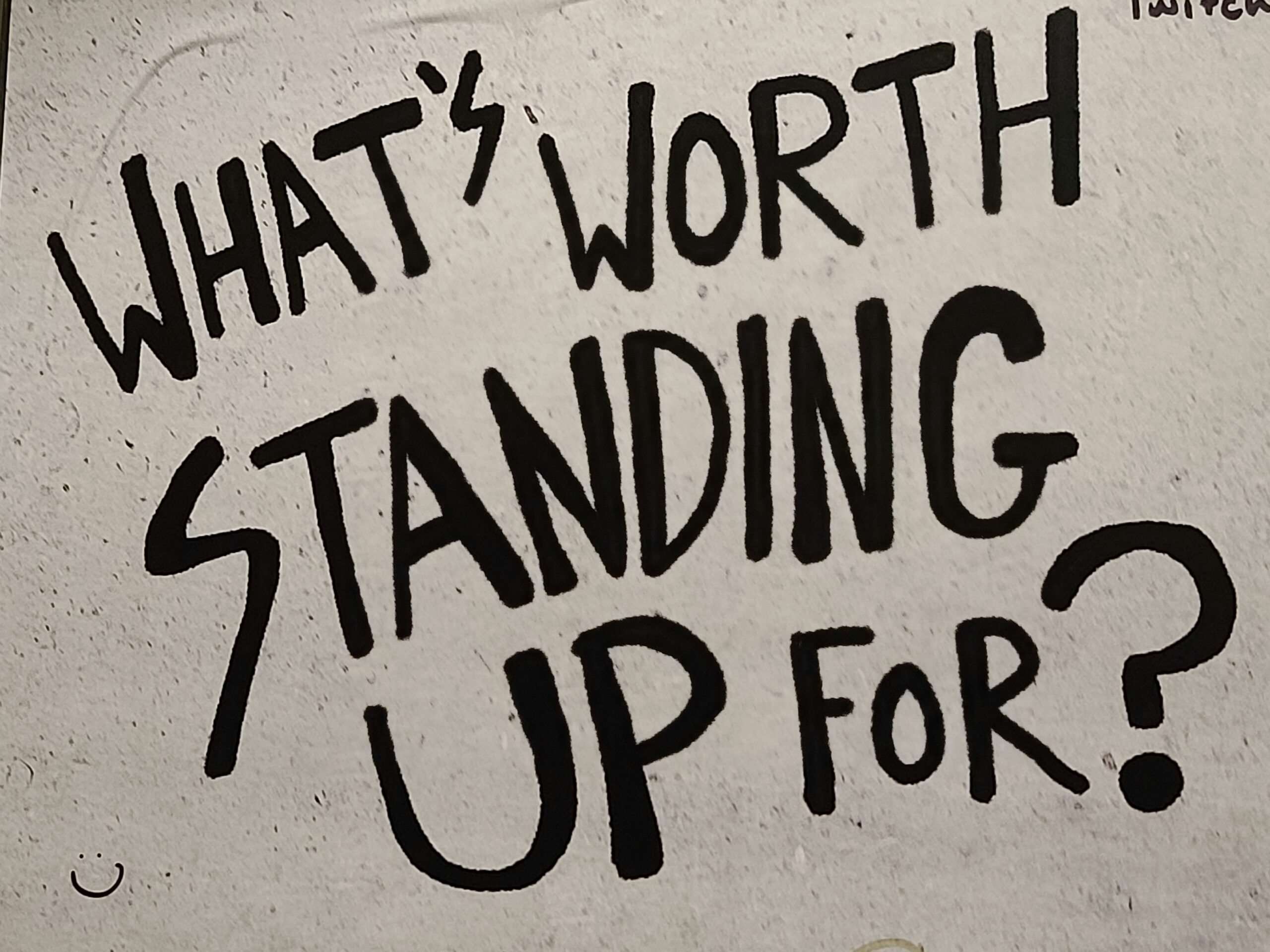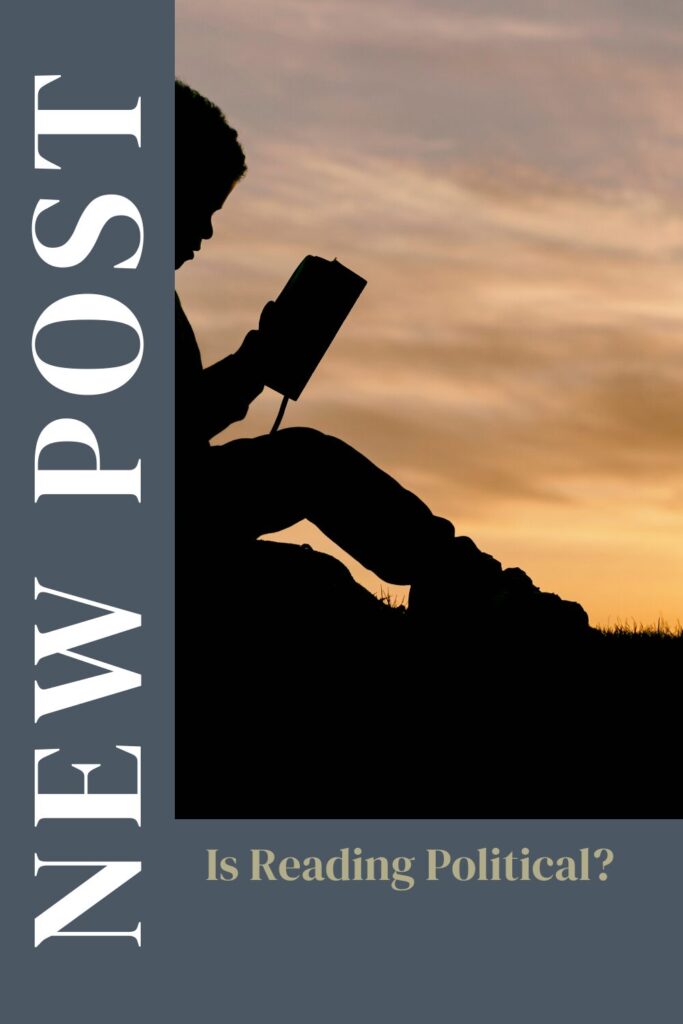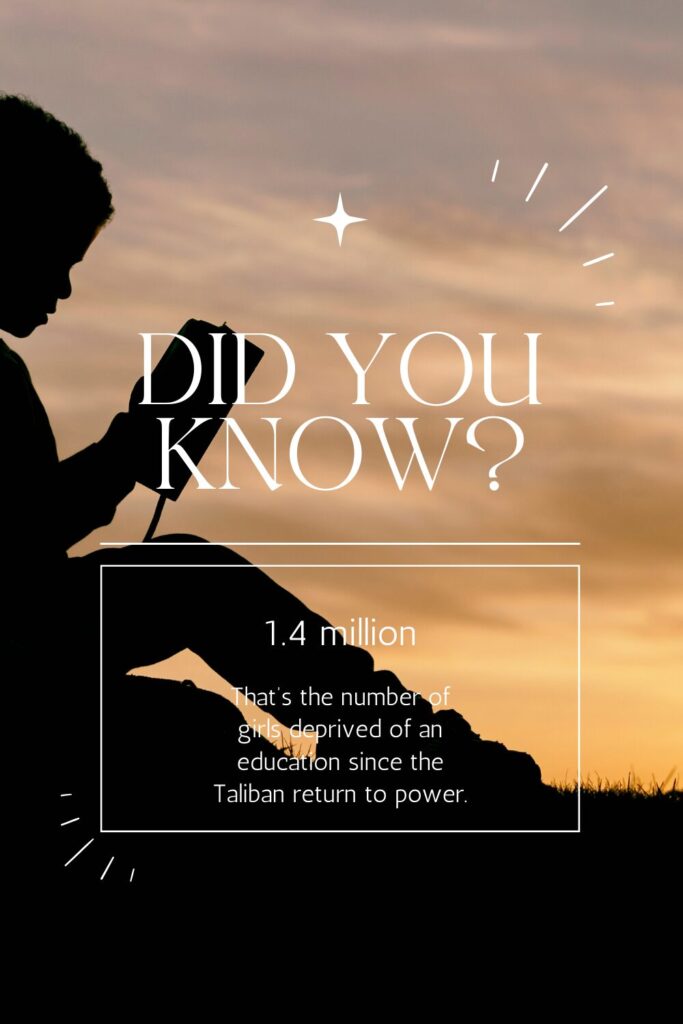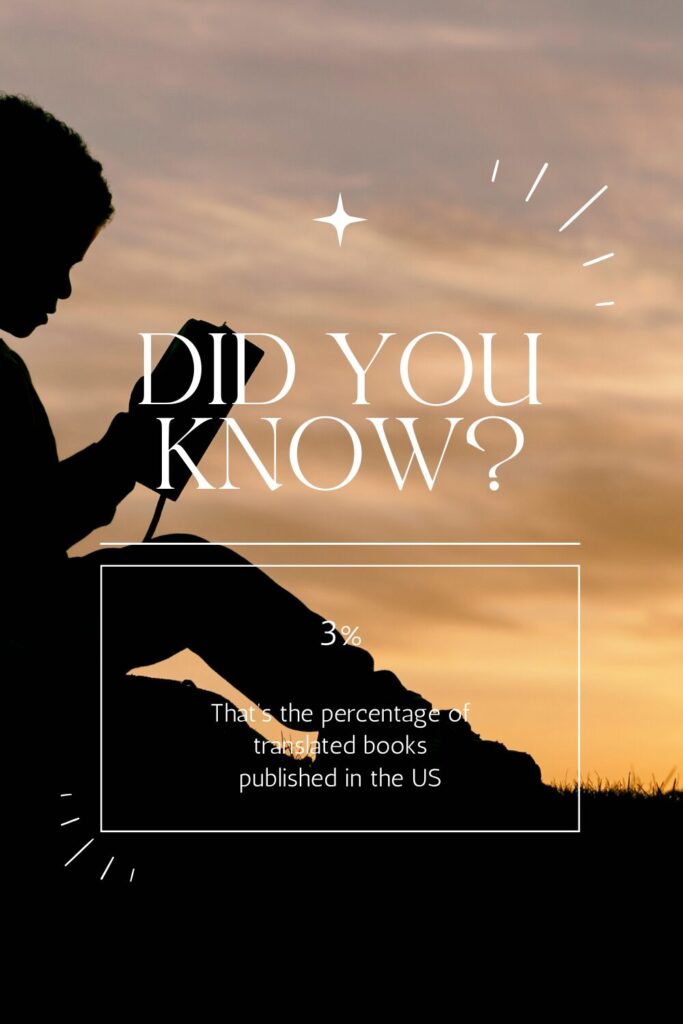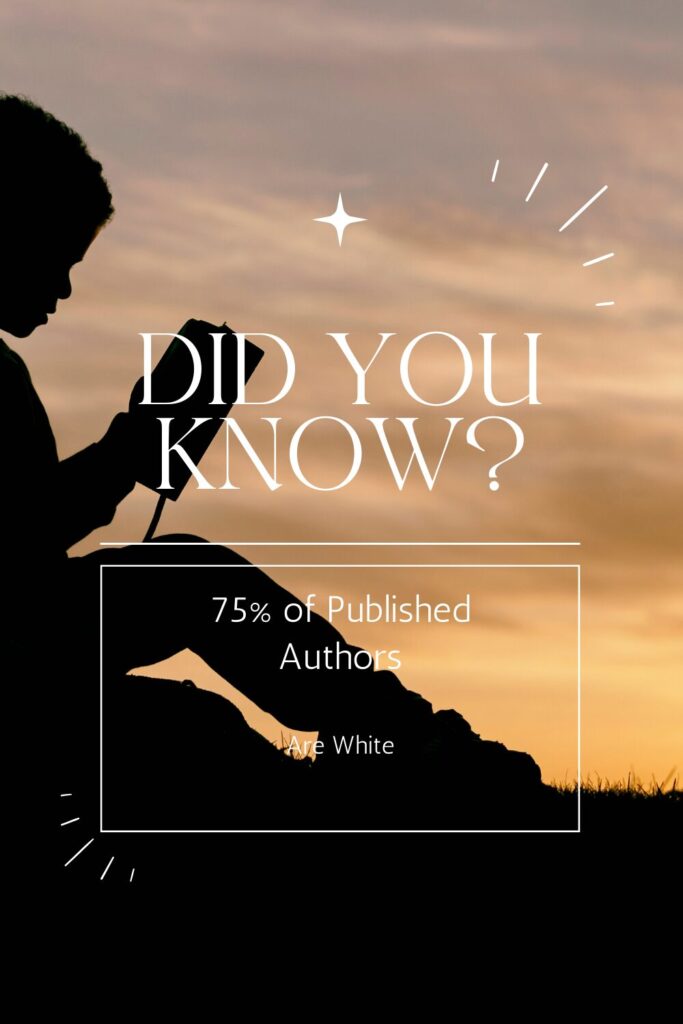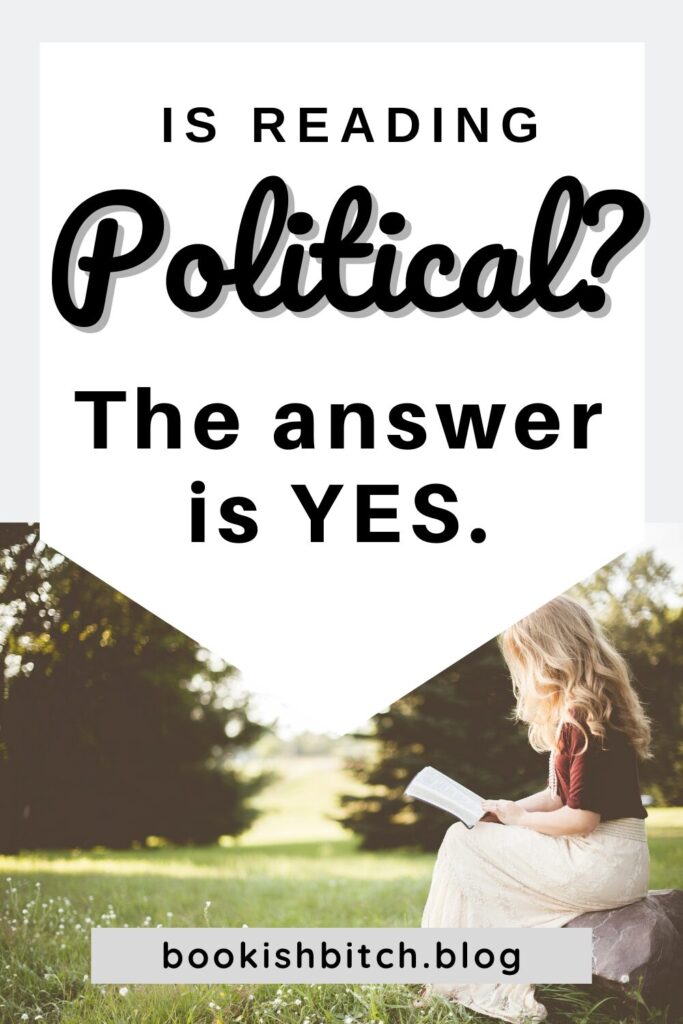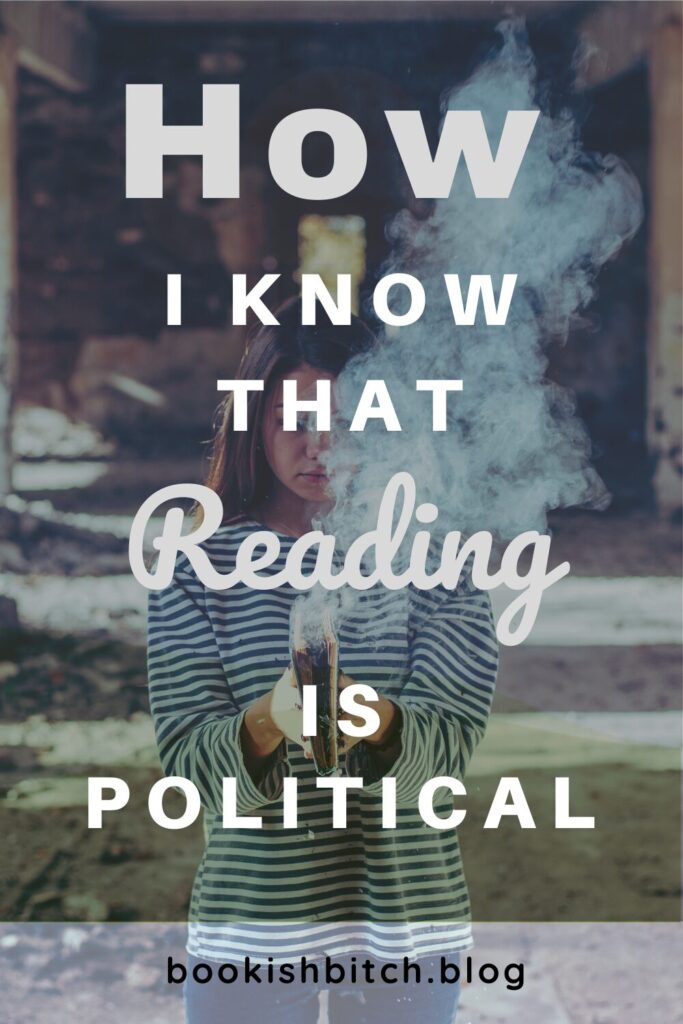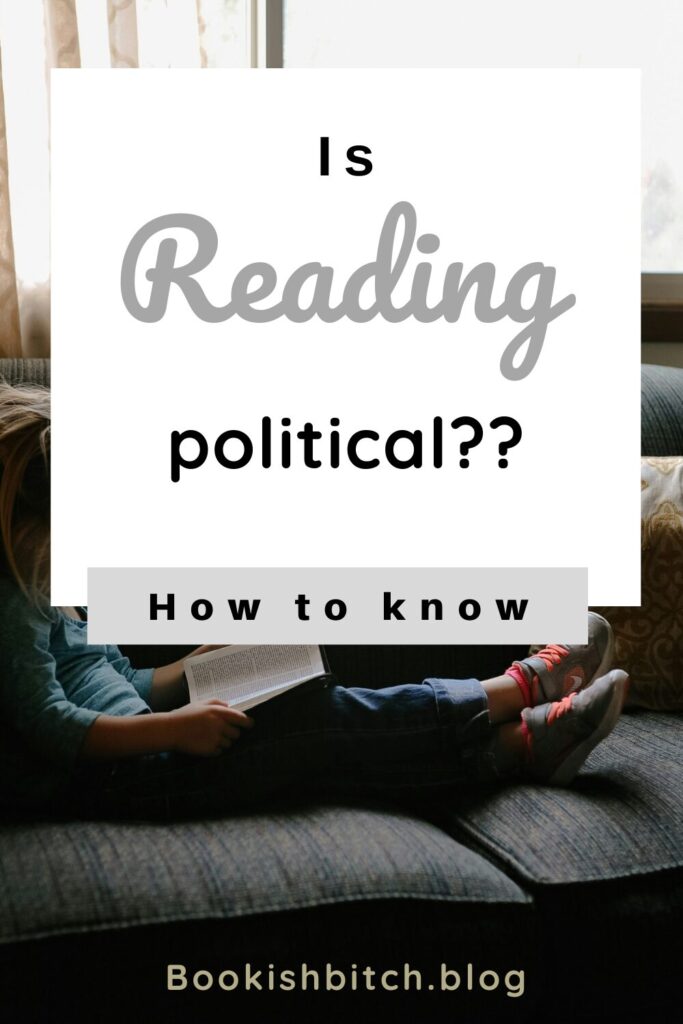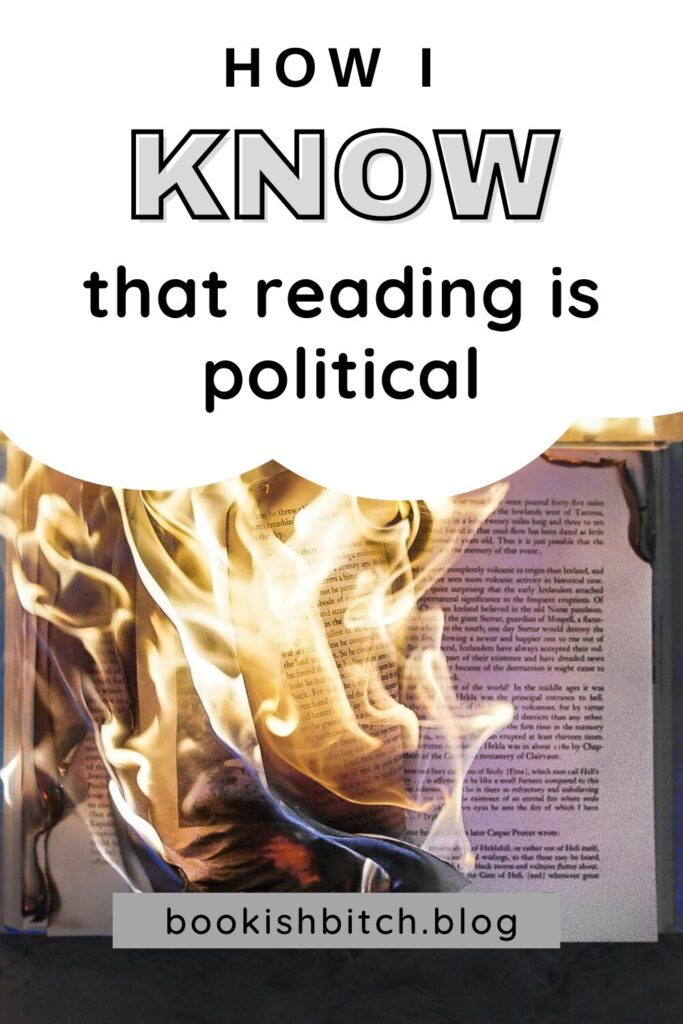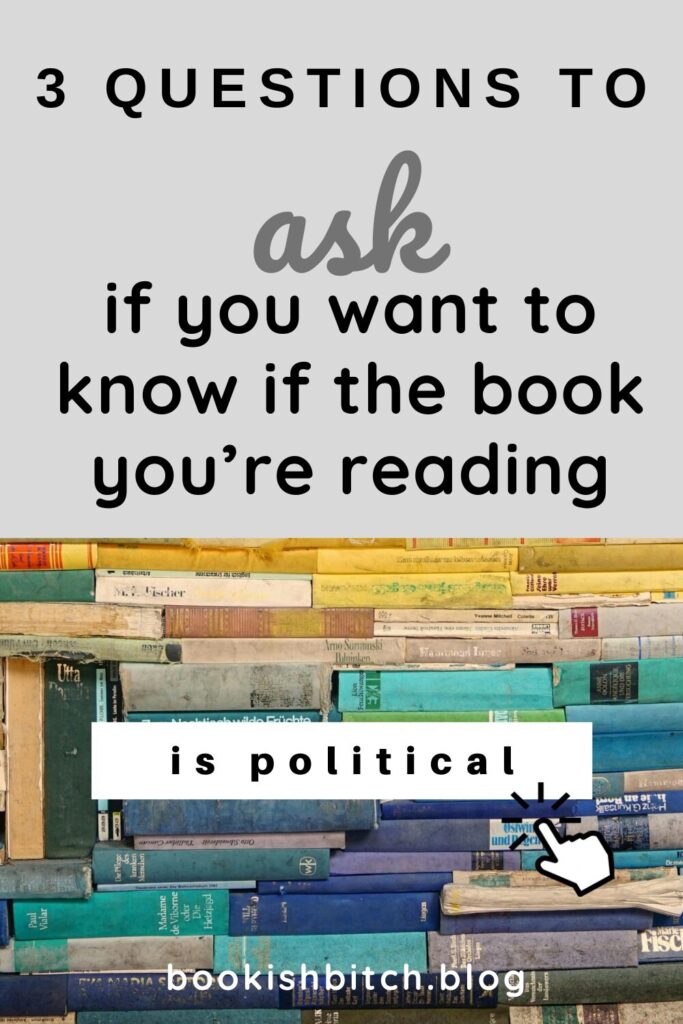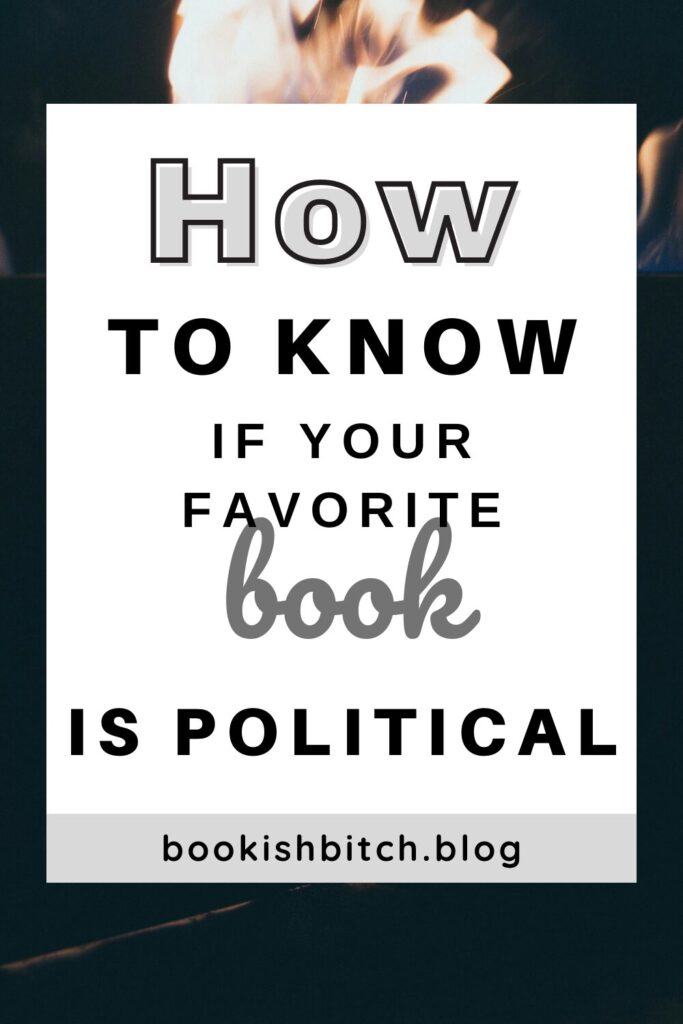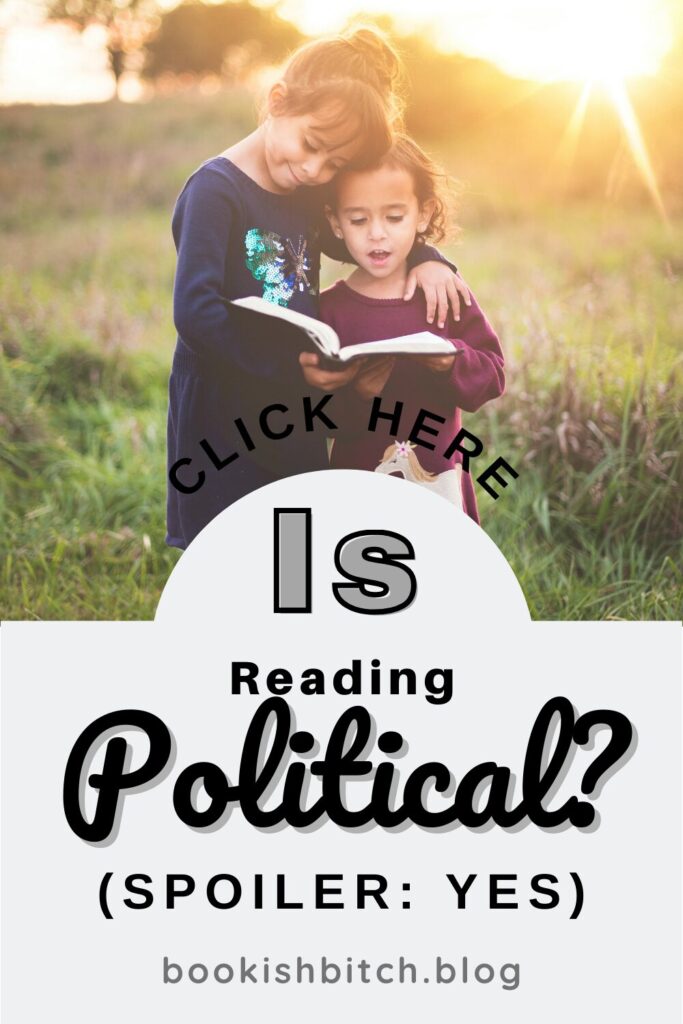After the recent (re)election of Donald Trump here in the United States, I’ve come across discourse in the bookish spaces I inhabit about the role of politics in reading. Is reading political? Is there a way to separate reading and politics? Instead of answering those questions outright, I thought I’d ask some questions of my own.
Let’s break things down.
Who gets published by mainstream publishers?
It should come as no surprise that the publishing industry is overwhelmingly White. According to Words Rated, 75.58% of published authors are White.
Other sources back this up. There’s an interesting article in the New York Times from 2020 that provides some further insight. Their research suggests that there is a correlation between the number of People of Color working at a publisher and the number of authors of color that get published.
The New York Times article also discusses the #publishingpaidme discussion that occurred on the app formerly known as Twitter. It’s notable that many White authors shared that they were paid substantially more for their debut book than authors of color. It’s important to underscore that we’re talking about debut works here; it’s as yet unknown how well the author’s work will sell.
Xiran Jay Zhao, the author of the bestselling Iron Widow, highlighted these issues with pay when they shared why the book’s sequel was delayed.
@xiranjayzhao 🤷♂️ publishing can't ask us to write bestsellers for them on no money #booktok #books #yabooks #yabooktok ♬ Somewhere Only We Know – Xdx prod
Why is this important?
When publishers only publish works by certain types of authors, this limits the types of stories that readers have access to.
When authors of color aren’t being offered as much money for their work, we are likely to see even fewer books by authors of color. It’s important to consider the intersection between race and class here. People from lower income backgrounds aren’t going to have the same ability to pursue writing as a career if they don’t have the resources to support themselves while they write. While this is true regardless of race, White authors (who get a larger advance) are going to have an advantage here. Race just compounds the problem.
Who gets published is a political issue. How fairly they get paid is very much a political issue.
Yes, self-publishing and indie publishers can be great options, but they aren’t going to be options for everyone. Additionally, if audiences don’t know that self-published and indie books exist, that is going to diminish their reach.
Let’s not forget about works in translation.
In the United States, only about 3% of the books published are translated works. While other countries see higher percentages of translated works, this is an issue for American readers. American readers aren’t going to be exposed to as many voices and perspectives that exist outside their bubble.
What kinds of stories are authors writing about?
What I mean is, authors write what they know. No book gets written in a vacuum. Authors are always influenced by the world they live in, their outlook, etc.
Enjoy reading smut? That’s great! I’d wager that the books you enjoy often contain lessons about healthy relationships as well as who even gets to be in a relationship in the first place. Those are political issues.
Who gets to read?
There is a long history around the world of certain groups of people being prevented from reading. There are so many examples that I can’t begin to list them all here. But let’s cover a few examples.
- There was a time in US history when it was illegal for African Americans to learn how to read.
- Authoritarian regimes have prevented people from reading at least some books. Book burnings were a common way that this was done. The Nazi regime was responsible for some of the most infamous book burnings. But they were hardly the only ones burning books. Book burnings also happened elsewhere, including in China and Sri Lanka.
- The Taliban shot Malala Yousafzai in the head, thanks to her activism surrounding education for girls. She is but one person who has faced violence for advocating for education – which includes the right and ability to read.
- 1.4 million girls have been deprived of their right to education since the Taliban returned to power.
- In the United States, there has been a surge of book bans in the latter half of 2023. You can argue that book bans only apply to schools and libraries; you can still go out and buy whatever book you want. To you, I would say that you’re coming from a place of privilege. For many low-income families, libraries are the only place they can access books. Buying them simply isn’t an option.
- As of 2012, under 1% of the world’s books were available in braille. Fortunately, technology seems to be catching up and helping to solve this problem. Things like audiobooks are increasingly available to everyone, including those with visual impairments. Still, there are concerns about accessibility surrounding books and people with disabilities.
- “Literacy is a form of social justice.” The ability of people not only to read but access books – as well as what kinds of stories they have access to – are very much political issues.
So, is reading political?
Absolutely! It’s great that you get to use reading as a form of escape. But as I hope I’ve highlighted, this is and of itself a political act.
Updated:
